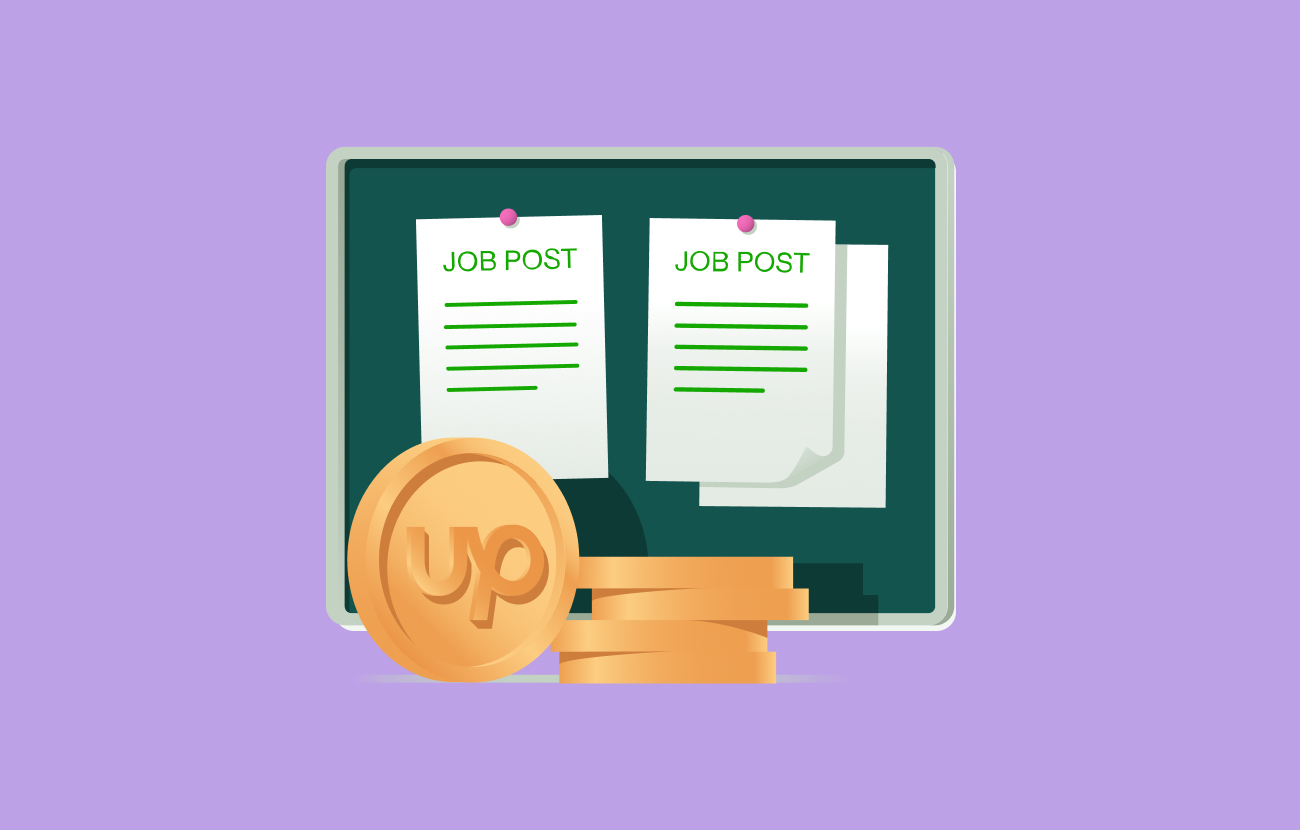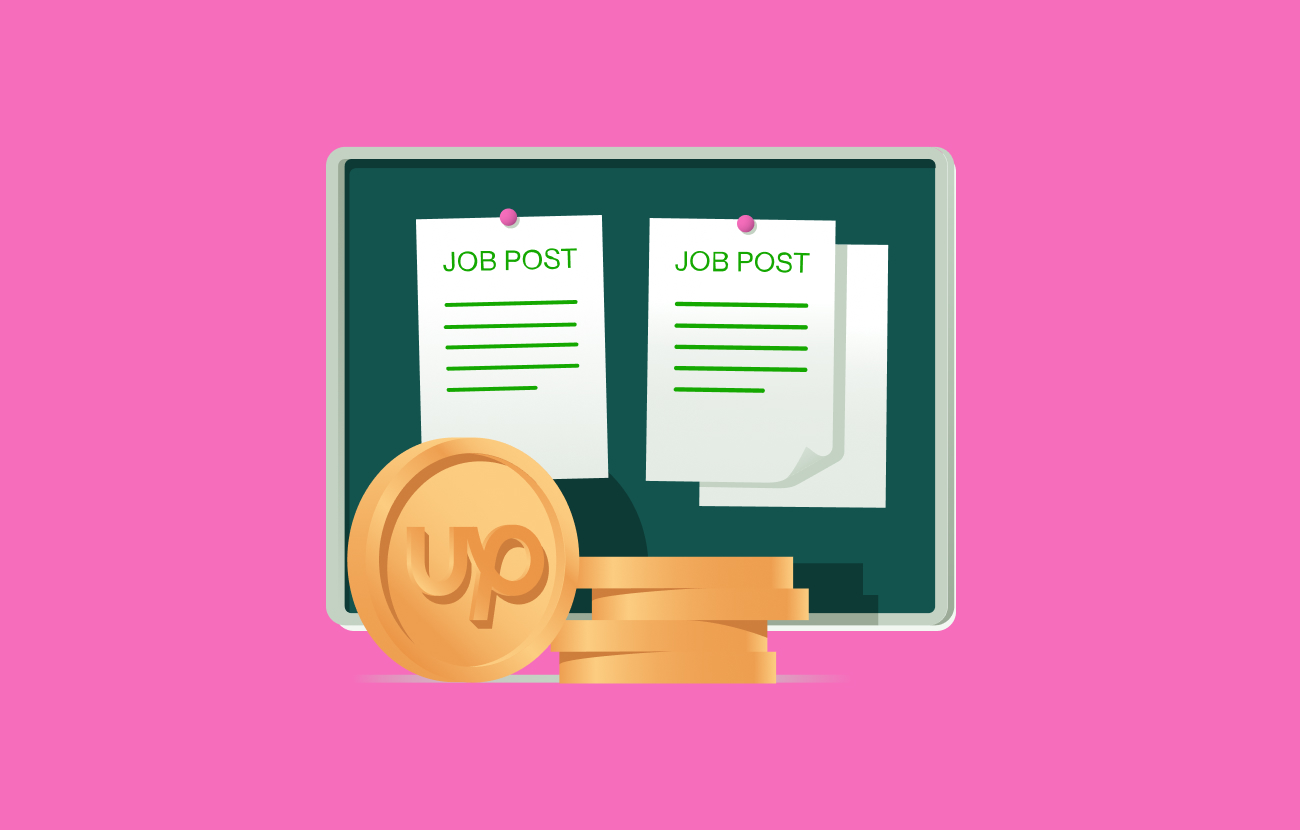Hard Truths for First-Time Founders from the Startup Trenches
Real-world lessons from experienced founders on cash flow, hiring, AI, and the tough realities every first-time entrepreneur has to face.

Starting a business means building under pressure. It’s messy, unpredictable, and often overwhelming — especially when you're figuring it out alone.
To begin, the goal is to get through your first make-or-break moments. But lasting success comes down to sustainability: having the funds, focus, relationships, and personal stamina to keep going.
The good news? Learning from experienced founders can help you avoid common missteps and build something with staying power.
Lesson 1: Cash flow is survival
Cash flow isn’t accounting jargon — it’s what will keep your startup alive. Nearly half of startups fail within five years, and cash flow issues are a top reason why.
Many founders focus on revenue or profit, but profit on paper doesn’t help if you can’t cover expenses. Liquidity is what matters: what’s coming in, what’s going out, and what’s left to keep the lights on.
Cash flow discipline can start before you even launch. As Rob Walling, a serial founder and investor, explained on “Startups for the Rest of Us,” he saved aggressively and credits that cushion with giving him the freedom to take meaningful risks.
“I never bet the house. I didn’t rack up credit card debt. I didn’t gamble on my mortgage,” he said. “I worked hard to build a cushion so I could take bigger bets that made a difference.”
Having a cushion gave him just enough breathing room to bet on himself and use each win as a stepping stone toward the next. It’s a simple but powerful dynamic: more cash flow = more control.
Where to start
- Build a buffer. Aim for 6–12 months of operating cash to cover gaps in income.
- Track weekly or daily. Use a spreadsheet or app to stay on top of money coming in and going out so you’re not caught off guard by a low balance.
- Separate business and personal accounts. Mixed finances can hide your true cash position.
- Bring in a pro. Get pragmatic, founder-friendly guidance from a fractional CFO or freelance finance-savvy advisor.
Lesson 2: Validation isn’t a detour
Validating your idea can feel like a delay — or a threat to the momentum you've built. But experienced founders know validation isn’t a one-time task. It’s a habit that keeps you from drifting, stalling, or investing in the wrong thing.
At CoreStory, a B2B AI platform for modernizing enterprise codebases, validation is central to how the team explores and de-risks new features. Because they don’t get constant user feedback like consumer apps do, they engage trusted Upwork professionals to run targeted experiments to test assumptions and gather real data.
“Being able to run, source, and build experiments quickly is extremely important,” said Cory Hymel, VP of Innovation & Research. “There’s so much coming so fast. If you're not staying right at the edge of what's going on, you can become irrelevant pretty quick.”
This mindset aligns with Eric Ries’ framework in “The Lean Startup”: Build the simplest version of your idea, measure how users respond, learn and improve so you don’t waste time or resources building the wrong thing.
Where to start
- Talk with users. A few one-on-one conversations can reveal more than a hundred survey responses.
- Launch a smoke test. Try landing pages, waitlists, or ads to gauge real interest.
- Engage beta testers. Use platforms like Upwork to bring in freelance experts to stress-test your ideas and challenge your assumptions.
Lesson 3: Stay close to the work that matters most
It’s tempting to delegate early and often — especially when time is short and demands are high. But if you lose touch with the work that defines your business, everything else can suffer.
Sam Corcos, co-founder and CEO of metabolic health app Levels, learned this the hard way. After doing a deep dive into how he spent his time, Corcos realized he’d let his focus drift — and Levels drifted along with it.
The result: customer frustration, slower velocity, and a lack of team ownership.
“I had allowed myself to become the passenger and not the driver of my own company,” he admitted.
This isn’t about micromanagement. It’s about staying close to what matters: your product, your customers, and the systems that support both.
Pedro Sostre, founder and CEO of marketing and automation suite Builderall, uses an approach he calls “learn-sourcing.” Instead of handing off work completely, he brings in experts who explain what they’re doing along the way — so he can learn as they build. That context gives him confidence to delegate gradually, not blindly.
Where to start
- Focus your efforts. Identify the business-critical functions (e.g., product, sales, marketing).
- Try learn-sourcing. Bring on independent professionals who can explain what they’re doing as they go.
- Ask lots of questions. Don’t fake it — stay close until you know what “good” looks like.
Lesson 4: Be selective about who you work with
Kim Perell, a 9x founder and seasoned investor, has built and scaled companies with hundreds of employees. One of her most costly mistakes?
Hiring the wrong person.
“Picking the wrong people...it costs millions,” she told Scott D. Clary on the “Success Story” podcast. “It’s a compounding mistake that does cost, over time, so much money and talent — because A players want to play with A players.”
Founder Kim Darling saw this firsthand at her luxury goods startup, Emerald Tiger. After struggling with a packaging partner, she turned to Upwork and found Daniel Gamez, an Expert-Vetted industrial designer.
“We weren’t looking for a vendor, but a partner,” Darling said.
Gamez delivered three packaging concepts within days. Knowing real-world testing wasn’t feasible, he brought in industry experts to validate cushioning and structural integrity, giving Darling the confidence to move forward.
The first hires for your startup can set the tone for momentum and trust — if you choose the right people.
Where to start
- Start with freelancers or consultants. Project-based work lets you evaluate quality before making long-term commitments.
- Look for talent in action. Ask for work samples, not just resumes.
- Do your due diligence. Always check at least one reference.
Lesson 5: Growth should be sustainable, with or without AI
Rapid growth feels like success. But without the right foundation, it can backfire.
“Impact requires a slow, methodical build, not a fast-paced sprint,” said Jory Des Jardins, an entrepreneur and startup advisor. Des Jardins helped grow BlogHer into one of the first influencer networks. Instead of chasing every trend, she and her team focused on sequencing: “understanding when to push, when to scale, and how to build credibility before blowing your budget.”
That pacing principle matters even more with AI.
AI is no longer a nice-to-have; it’s an expectation. But many teams chase AI out of fear of being left behind, not because it solves the right problem.
The Upwork Research Institute found that the most productive AI users are 88% more likely to be burned out, and twice as likely to quit. In addition, they often feel disconnected from their company’s AI strategy, concerned that it lacks clarity, caution, or even a clear problem to solve.
That’s where an outside perspective helps. Marcelo Ortega, founder of AI development studio Eidos.ai, helps teams pressure-test ideas so they implement only what works.
“Doing something in-house doesn’t just take engineering time — it also puts pressure on project managers and other resources,” he said. “As a partner to an in-house team, we can explore ideas and offer solutions without overextending bandwidth.”
The bottom line: AI amplifies what’s already working. But if your foundation is shaky, it can also make things worse — faster.
Where to start
- Speed up testing. Use AI to prototype features, draft content, or simulate user behavior. Then bring in an independent pro to refine the results and run actual experiments.
- Level up your ops. Automate reporting or flag issues, but keep a human in the loop to interpret and prioritize what matters.
- Make your team more agile. Pair AI tools with freelance talent to scale work without burning out your core team.
Lesson 6: Take care of your human infrastructure
Founders often focus on product, pitch, or growth — but it’s people who carry a business through its hardest moments. That includes your co-founders, collaborators, customers, and yourself.
Roy Dekel, a serial entrepreneur and investor, put it bluntly: “A bad product can be fixed. A misaligned partner? That’s a cancer in the system.”
One of Dekel’s companies failed not because of the market, but because of internal misalignment. “We burned cash arguing. We stalled decisions. Morale tanked. Ultimately, the company died.”
That same dynamic extends to your own well-being. According to “Startup Snapshot,” 72% of startup founders say entrepreneurship has negatively impacted their mental health. More than a third say they’ve experienced burnout. And yet, 81% admit they rarely or never talk about it — not with investors, their peers, or their co-founders.
(Source: Startup Snapshot, The Untold Toll Report)
Silvia Cavalcanti, a serial entrepreneur and CMO of Endeavor — a global network of entrepreneurs — said the pressure to appear strong wore her down.
“Cash flow issues forced us to sell our business to a public company which eventually shut down everything we had built,” she explained. “After the deal closed I completely fell apart … It took years of reflection, therapy, and reengineering my life to get to a place where I feel like I am genuinely thriving.”
The takeaway: Your relationships and mental health are business-critical. If you don’t protect your capacity to lead, you put everything else at risk.
Where to start
- Set expectations early. Have an alignment talk with your co-founder or first hire before the pressure hits.
- Create boundaries. Block time for rest, family, and restoration. Treat it as non-negotiable.
- Normalize support. Join founder groups or mentorship circles where you feel comfortable speaking openly.
- Find a mentor. Look for someone who’s been where you are and can offer perspective without judgment.
- Bring in experts. Turn to Upwork to find freelancers or consultants to help take pressure off your team and prevent burnout.
The unfiltered truth
Founders don’t succeed because they have perfect strategies. They succeed because they’re willing to learn quickly, focus on what matters, and keep going when plans fall apart.
With the right support, startup dreams aren't just possible; they're within reach for anyone who’s willing to accept the unglamorous truths and commit to forging something that lasts.






.png)
.png)
.png)
.png)
.png)



.svg)
.svg)





















